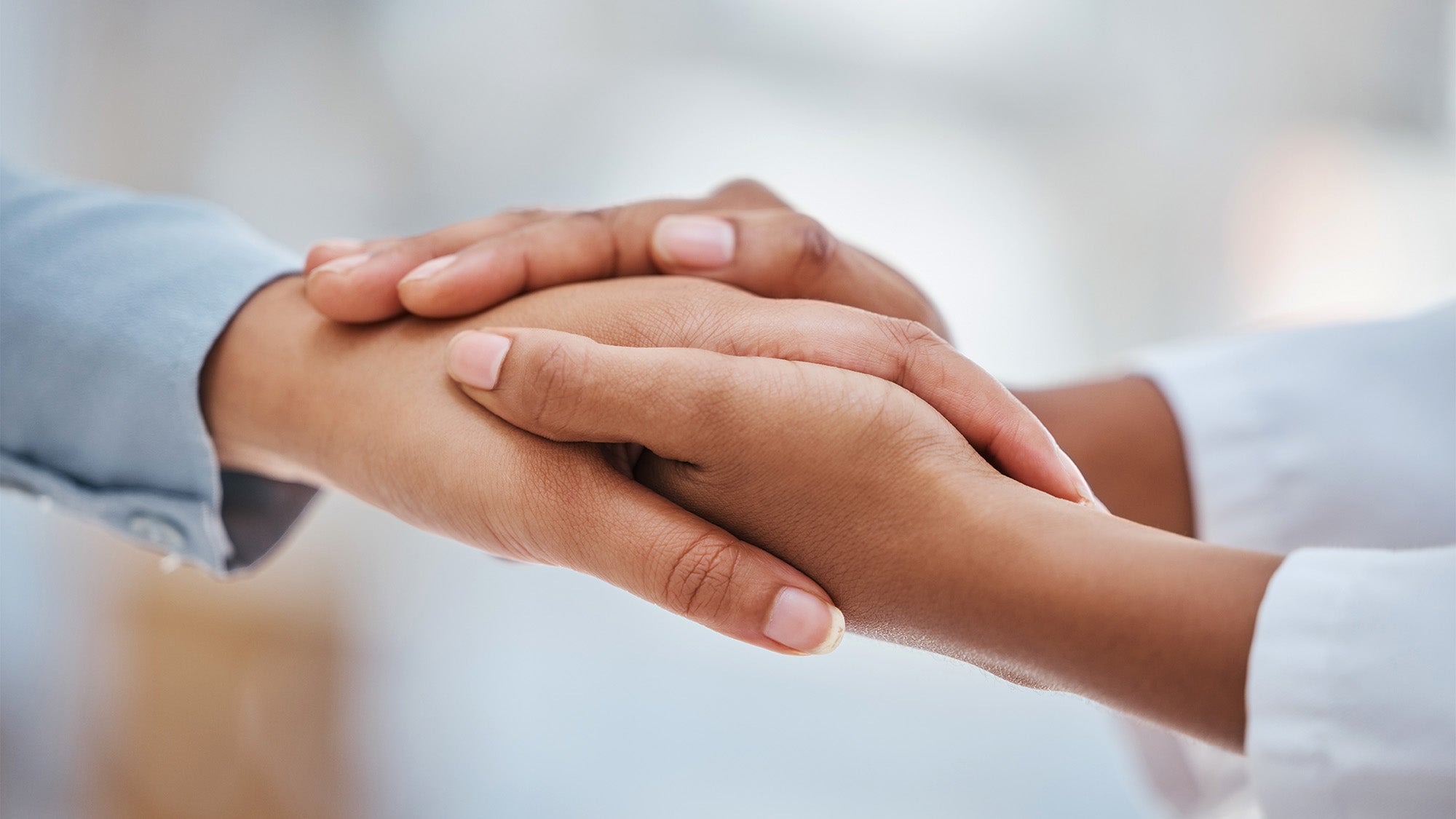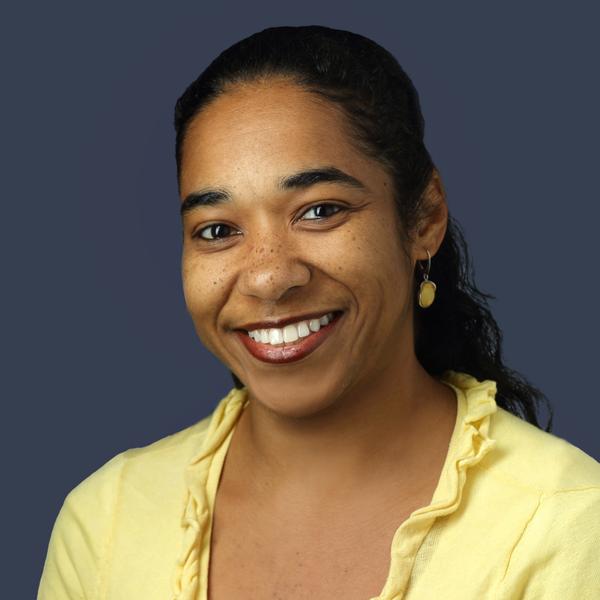Psychosocial Oncology Program Promotes Cura Personalis in Cancer Care

Posted in Lombardi Stories | Tagged cancer, cura personalis, psychosocial oncology
(April 26, 2024) — As a graduate student in clinical psychology, Kimberly M. Davis, PhD, spent a day shadowing an oncologist. She remembers it as a transformative experience that laid the groundwork for her future career as director of the psychosocial oncology program at Georgetown University’s Lombardi Comprehensive Cancer Center.
Davis’ work involves individual psychotherapy and collaborative care with psychiatrists and oncology social workers as well as medical providers. In addition, Davis is involved in research, teaching and supervising trainees. To further support this work and train the next generation of providers, Davis created a unique postdoctoral fellowship to expand care and support the ongoing training and mentorship of future independent clinician researchers in the field.

“Psychosocial oncology is about the integrative and comprehensive care of the whole person who is dealing with cancer, wherever they are on their journey, so it’s very much consistent with the Georgetown ethos of cura personalis,” Davis said.
When her graduate school advisor was approached by an oncologist who was looking for psychology graduate students to speak with cancer patients about their needs, fears and distress, Davis rose to the opportunity.
“All I did at that point was sit and talk to patients about how they were doing and how they were coping,” she said. “Just listening to patients and giving them this space, it was apparent that there was a great need to process what they were going through.”
The experience was life-changing. “It sounds cliché, but after my first day in the clinic, I said, ‘This is what I want to do,’” Davis said.
After earning her doctorate in clinical health psychology, which included a residency with a psychosocial oncology track, Davis completed a clinical postdoctoral fellowship followed by a research postdoctoral fellowship, both focused on psychosocial oncology.
“It has been my dream to start a psychosocial oncology program,” she said. “It’s about addressing the social, emotional, physical/function and psychological distress people experience with a cancer diagnosis, the treatment that ensues, and what happens after treatment, whether they’re end-of-life or survivorship issues.”
Meeting Patients Where They Are
“Sometimes the providers or other patients will say to someone, ‘It may be helpful to talk to somebody about all that you’re having to deal with and to get some tools to help you manage,’” Davis said. “That endorsement from their medical team or another patient who can really relate to them can be extremely helpful.”
While some of her patients have worked with community therapists in the past, Davis said that having a therapist with cancer-specific experience can make a difference. “I can’t tell you how many times I’ve seen this brightness come over a patient’s face,” she said. “It’s like they’re thinking, you get it, you understand what I’m talking about.”
In her role, Davis strives to keep up with the latest developments in cancer treatment, including side effects, so she can support her patients.
“Sometimes I can say to patients, ‘I know someone who is on that same trial or treatment who had a similar reaction,’” she said. “Just being able to normalize their experience can be so therapeutically helpful.
“A cancer diagnosis is like learning a whole new language, with all of the information that has to be taken in,” Davis added. “It can be tremendously overwhelming to patients and their family/caregivers.”
Donor Support Prompts Program Expansion
Davis has offered individual psychotherapy for cancer patients since 2007. She has supervised clinical psychology externs over the past two years which has helped to expand the psychological services offered at Georgetown Lombardi to support cancer patients and survivors, as well as their families.
In 2023, thanks to the generous support of a grateful patient, Dr. Therese O’Donnell, Davis created a joint postdoctoral fellowship between the psychosocial oncology program and Georgetown Lombardi’s Cancer Prevention and Control Program. The fellowship will allow more cancer patients to receive psychological services while increasing training opportunities for clinician researchers in this highly specialized area.
“I believe that the creation of this fellowship is a springboard to grow this program and to further my vision for what this program can be for our patients, families and survivors,” Davis said.
“Walking along this journey with my patients, I see such resilient people go through many difficult experiences with amazing grace,” she added. “I am truly honored to be able to do what I do every day to support them.”
Kat Zambon
GUMC Communications
